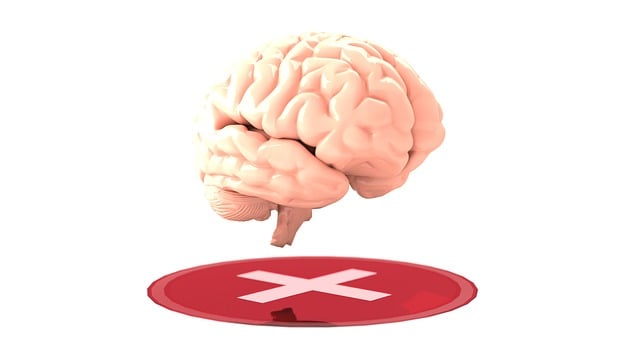Crisis counseling for young children requires specialized approaches, focusing on building empathy and rapport in a safe space. Therapists use play therapy, storytelling, art, cognitive reframing, and positive affirmations to encourage emotional expression and develop resilience. Comprehensive Crisis Intervention Team (CIT) training equips professionals with risk assessment skills, specialized techniques, and self-care practices, fostering healing and reducing burnout. Tailored CIT programs address unique child needs, especially in trauma cases, emphasizing safe environments, self-care, and continuous evaluation for improved crisis counseling interventions, supported by public awareness campaigns on child mental health.
Crisis intervention team training programs play a vital role in equipping professionals with essential skills to support young children facing crisis situations. This article delves into the critical need for understanding the unique counseling requirements of young children and explores the key components of effective training programs. We discuss implementing and evaluating therapy strategies, ensuring a comprehensive approach to address these delicate matters. By focusing on crisis counseling, we aim to enhance the well-being of young individuals through tailored interventions.
- Understanding Young Children's Crisis Counseling Needs
- Components of Effective Crisis Intervention Team Training Programs
- Implementing and Evaluating Therapy for Young Children in Crisis Situations
Understanding Young Children's Crisis Counseling Needs

Crisis counseling for young children is a specialized field that requires tailored approaches to meet their unique needs. Understanding the psychological and emotional development of childhood is essential when addressing crises, as young kids may not express their feelings or fears in conventional ways. Unlike adults who often seek therapy for specific issues, children’s experiences can be more abstract; they might struggle with anxiety, trauma, or even simple overwhelming emotions without a clear trigger.
Effective crisis intervention for this age group involves building strong empathy and rapport to create a safe space. Therapists should employ strategies that encourage positive thinking and self-regulation, helping young clients understand and manage their emotions. The use of play therapy, storytelling, and art can be powerful tools to engage children and facilitate the expression of their inner world. By combining these methods with the core principles of mind over matter, where cognitive reframing and positive affirmations are used to challenge negative thoughts, counselors can empower young individuals to develop resilience and healthier ways of coping.
Components of Effective Crisis Intervention Team Training Programs

Effective crisis intervention team (CIT) training programs are multifaceted, encompassing various essential components to equip mental health professionals with the skills needed to handle critical situations. These programs typically include comprehensive training in risk assessment for mental health professionals, allowing them to swiftly identify and mitigate potential hazards. Through interactive simulations and role-playing scenarios, CIT trainees learn specialized techniques tailored for therapy for young children in crisis, fostering a supportive environment that promotes healing.
Moreover, besides addressing direct intervention strategies, these programs emphasize the importance of self-care practices as burnout prevention strategies for healthcare providers. By teaching professionals to prioritize their well-being, effective CIT training enhances resilience and sustains the frontline workers’ ability to offer consistent and compassionate care. This holistic approach ensures that mental health professionals are adequately prepared to navigate complex crises while maintaining their own emotional equilibrium.
Implementing and Evaluating Therapy for Young Children in Crisis Situations

Implementing effective therapy for young children in crisis situations requires specialized training and a tailored approach. Crisis intervention team (CIT) programs play a pivotal role in equipping professionals to provide immediate and appropriate support to vulnerable youth. The first step is ensuring that CIT members understand the unique needs of children, especially those who may have experienced trauma. This includes recognizing that young children express emotions differently than adults and adapting counseling techniques accordingly.
Training should emphasize the importance of creating a safe and supportive environment for therapy. By integrating self-care practices into the curriculum, CIT teams can foster resilience among both the professionals and the children they serve. Additionally, regular evaluation methods should be employed to assess the effectiveness of crisis counseling interventions, allowing for continuous improvement in trauma support services. Public awareness campaigns development around child mental health can further enhance the impact of these programs.
Crisis intervention team training programs, encompassing elements like understanding young children’s crisis counseling needs and implementing effective therapy, are vital tools in enhancing support systems for vulnerable kids. By investing in these programs, communities can foster a more resilient environment where young children in crisis situations receive the necessary care, ensuring their well-being and promoting positive outcomes in their lives. Effective crisis counseling equips teams to navigate complex scenarios, offering hope and healing to those who need it most.








